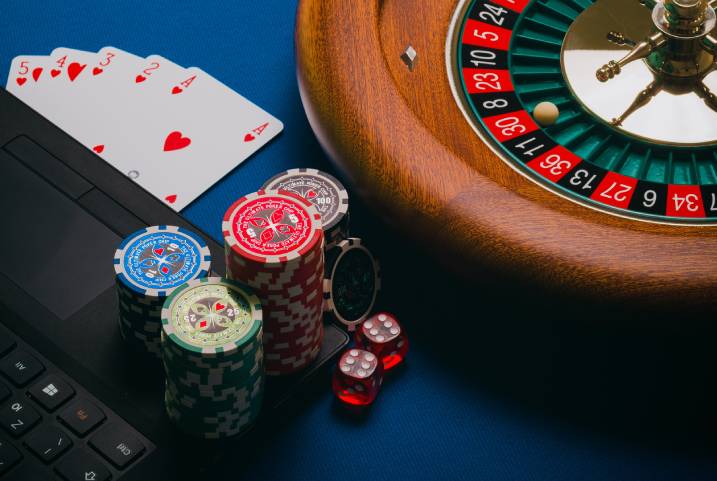
The activity of gambling, by its definition, is a form of entertainment that consists in taking a (monetary) risk in the hope of a desired outcome.
For most people, nothing but a pleasant pastime that allows moments of distraction compared to the usual routine. However, on many occasions, this leisure activity begins to become a need that, if not satisfied, leads to a sense of dissatisfaction and significant discomfort.
1. WANTS TURNING INTO NEEDS
When a need becomes oppressive, it may feel like you cannot do without, and you end up investing most of your time and energy into it. In the most serious cases, to satisfy this need you begin neglecting your relationships, work and/or anything that could interfere with or distract from what has become your main activity.
2. ESCAPING PROBLEMS
Gambling then starts to become a shelter where you are allowed “not to think” about your feelings, your family or your problems at work. A refuge where you can fantasise about a better life thanks to the possibility of winning.
3. ENVIRONMENT
Environmental factors may be present in the development of the gambling addiction, too. The presence of financial struggles, the lack of a stable job, associated perhaps with the subjective and erroneous belief of being able to get easy cash by winning, can be the breeding ground of a possible addiction.
4. EMOTIONAL INTELLIGENCE
Psychological aspects can also contribute. The lack of assertive abilities, for example, can stop you from communicating properly in interpersonal relationships. You may find yourself having difficulties in finding alternative and effective solutions to your problems. With a low level of emotional intelligence, you may tend to retreat into an imaginary, more comfortable, world.
5. COMPULSIVENESS
In addition to the psychological factors, as a problem gambler you may often lack the ability to control your own behavior; you may feel a sense of excitement and thrill in front of a slot machine or during a bet, so much so that you can not stop, neither after winning nor after losing.
The obsessive thoughts about the game and the resulting compulsiveness in the behaviour have as severe consequence: the need of an ever increasing amount of money.
All the aspects discussed so far are among the elements to be considered as signs of addiction: the inability to stop, compulsiveness in the behaviour, recurring and obsessive thoughts about gambling, social isolation, significant losses of money, and the increment of time devoted to gambling, taken away from other daily activities.
6. ILLUSION OF CONTROL
Another equally relevant sign of addiction is the illusion of control. Since ancient times, humans have been found to have a primordial need to give an explanation to incomprehensible events and to be able to predict them. This gives men a perception of greater control over nature.
An addicted gambler often think to have the power to know the fate and to control the outcome of completely random events. This is manifested in the content of their thoughts. The player is convinced, for example, that luck will soon be on their side and that after a certain number of losses, the much awaited winnings that will change their existence will eventually come. To validate this dangerous illusion, the player tends to remember only positive gaming experiences, paying less attention to the continuous failures and losses that the addiction causes.
A mad rush towards winning, seen as personal and social redemption, prevents the compulsive gambler from seeing the abyss they are heading towards.
Still unsure if you are a problem gambler?